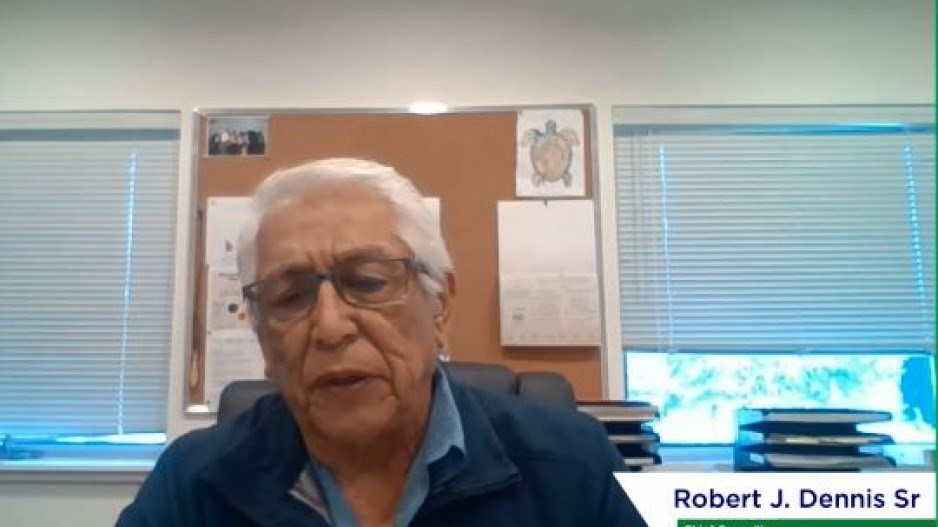In the past, some of the opposition to logging in B.C. came from First Nations, many of whom saw their traditional territories heavily logged, while receiving few of the benefits.
Through a series of reconciliation and treaty agreements over the past couple of decades, however, more and more First Nations have themselves become involved in the forest industry, as they acquired a range of timber licences.
A recent success story is the partnership between Huu-ay-aht First Nation on Vancouver Island, Western Forest Products (TSX:WEF) and the Steel Workers Union local 1-1937: the TLF-44 Limited Partnership.
Thanks to a treaty, which gave the Huu-ay-aht their own woodlands -- and a reconciliation protocol with Western Forest Products, the Huu-ay-aht have been getting into the forestry business.
“I can recall back in 1992, the Huu-ay-aht only had two workers working in the forest industry,” Huu-ay-aht Chief Councillor Robert Dennis Sr. said Thursday at a Council of Forest Industries (COFI) conference. “Today we probably have up to about 20 people that are benefitting from forest activity in our territory.”
The partnership started with Western Forests selling a dryland sort to the Huu-ay-aht, who also acquired a 7% share of TFL-44, a tree-farm licence to which Western holds a 25-year licence with an annual allowable cut of 800,000 cubic metres.
Last year, an agreement was struck in which the Huu-ay-aht will take a controlling interest in TFL-44. The agreement also gives the Huu-ay-aht the opportunity to take an equity position in Western’s Forest Product's Vancouver Island sawmills.
Dennis said he didn’t think the business partnership the Huu-ay-aht have developed with Western Forest Products probably would not have happened had his people not approved the Maa-nulth treaty agreement.
That agreement, signed by five First Nations on Vancouver Island, gave the Huu-ay-aht ownership of 8,258 hectares of land. Some of the treaty land can be used for forestry.
The Huu-ay-aht also have a community forest agreement. The Huu-ay-aht have developed several businesses in tourism and fisheries, but forestry is the First Nation's biggest business operation.
“I’m really happy that we signed a treaty because this treaty enabled us to do things that we normally couldn’t do in the old environment that we lived in,” Dennis said.
Western Forests CEO Don Demens added the Huu-ay-aht were willing partners.
“You need to have a relationship based on respect and trust, and I think we’re very fortunate to have that type of relationship with the Huu-ay-aht First Nations,” he said.
While the jobs and other economic benefits that come from the forestry sector is important, so is stewardship, Dennis said. The Huu-ay-aht are dedicating $5 from each cubic metre of timber cut from treaty forest lands to watershed renewal. Western Forest Products have also committed $125,000 over a three-year period for watershed renewal.




